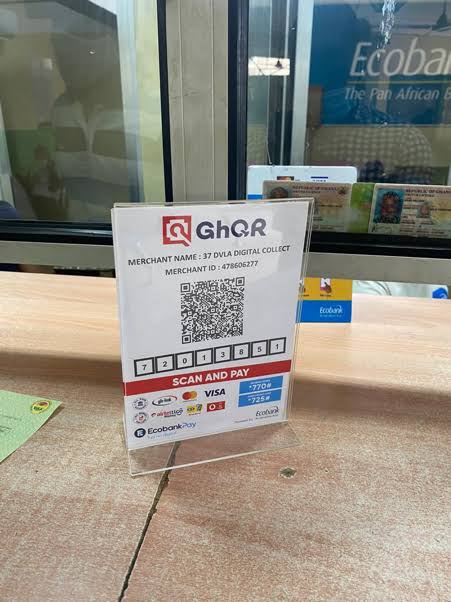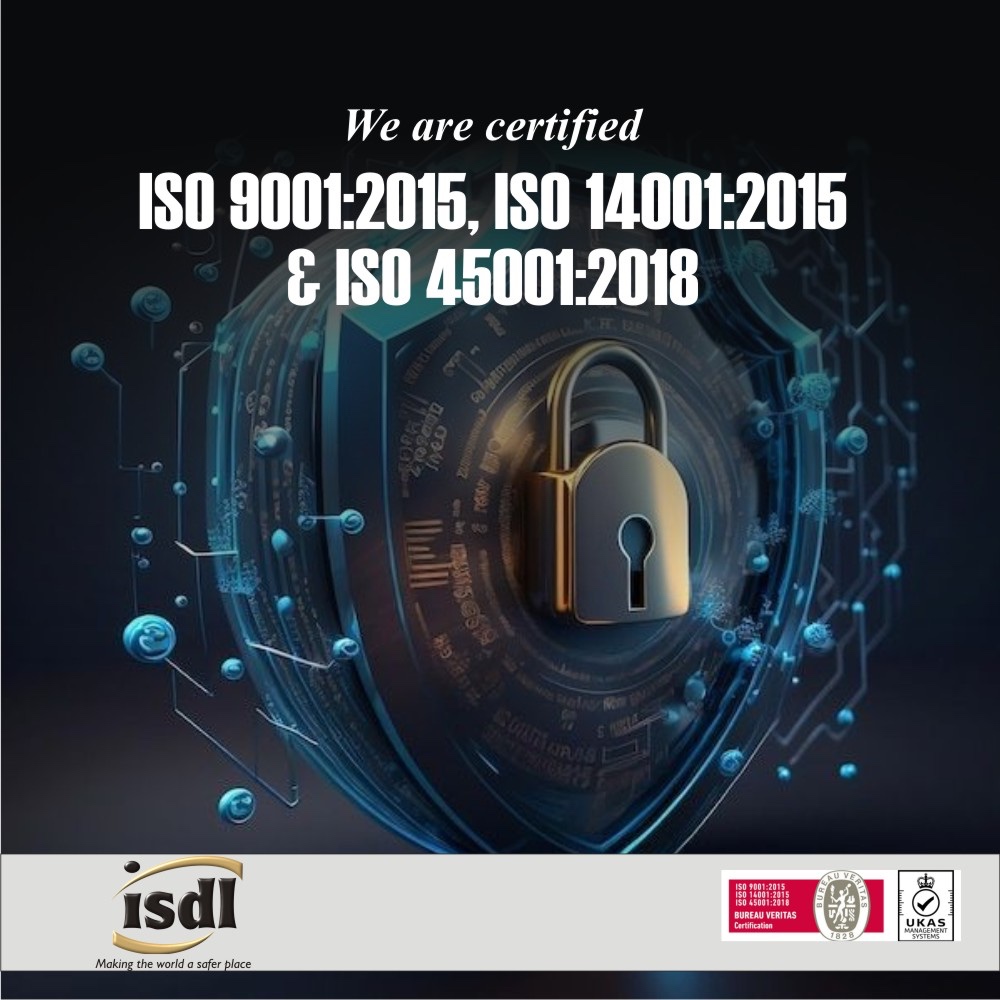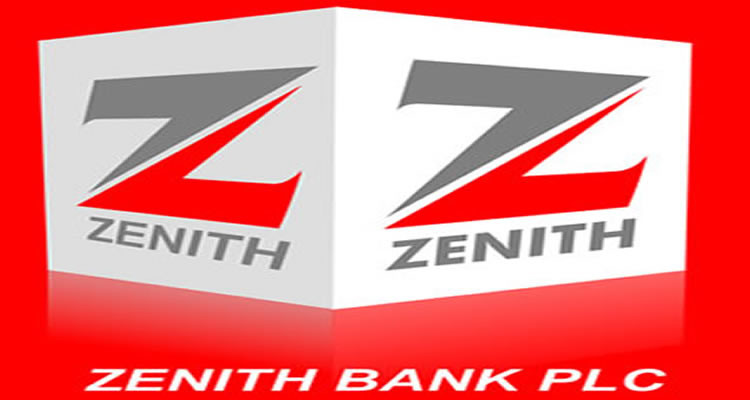Six banks in Ghana have initiated services to allow the public pay for goods and services through the universal Gh QR code.
The banks are Ecobank, GCB Bank, Zenith Bank, Bank of Africa, Fidelity Bank and Agriculture Development Bank. The remaining banks are still in the process to enable them begin the rollout.
The Vice President, Alhaji Dr. Mahamudu Bawumia launched the universal QR code in March this year. The service adds on to the plethora of electronic payment solutions that the Ghana Interbank Payment and Settlement Systems (GhIPSS) has rolled out over the years.
With the QR code, customers only need to scan the codes displayed at various shops and other outlets with their smartphones to make payment.Those who do not have smart phones can pay with their feature phones by dialling a code that will also be displayed at the merchant’s location. QR code is cheap and easy to set up. It is also a quick and secure way to make payment.
It takes away the direct contact associated with cash transactions, which makes it safer to use during the Covid-19 pandemic.
Ecobank had earlier deplored QR codes but could only be used by their customers. However with the introduction of the Gh QR code, Ecobank has converted most of their existing QR codes of clients, to make them acceptable to all customers regardless of their banks. The other five banks have begun deploying their Gh QR codes at various outlets.
Chief Executive of GhIPSS Mr. Archie Hesse commended the banks that have started deployment and encouraged businesses to liaise with banks to have the Gh QR code installed to increase their payment options to customers. Mr. Hesse also challenged the remaining banks to quicken up the processes, as they risk losing their clients to other banks.
The QR code for payment is simple to set up as it only involves generating unique QR codes which can be a mere sticker posted on the wall of the shops or on a small stand.
“Once you find the QR Code displayed, you just have to scan and you pay or dial the USSD code and pay, it is that convenient. Gh QR is universal so anyone can use any of them, regardless of your bank”, Mr. Hesse stressed.
A wide range of businesses including taxi drivers, small shops, super markets, pharmacies, chop bars, restaurants as well as major service providers can all use QR codes to accept payments, the GhIPSS Boss noted.
Ghana’s payment system has been modernised with the introduction of many electronic payment solutions that have made payment a lot more convenient, secure and faster.
The addition of the Gh QR code has increased the choice that customers have to pay for goods and services. This will eliminate the several instances where businesses lose out, because the customer has run out of cash.
Currently customers can pay from either their bank account or mobile money wallet through different channels such as MoMo pay, POS and now Gh QR code among others.

 celebrity radar - gossips5 months ago
celebrity radar - gossips5 months ago
 celebrity radar - gossips4 months ago
celebrity radar - gossips4 months ago
 Business3 months ago
Business3 months ago
 Business4 months ago
Business4 months ago






